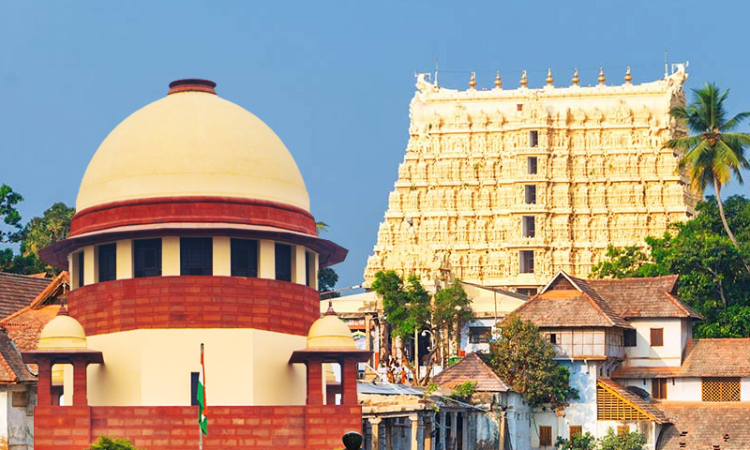Why SC Upheld Rights Of Erstwhile Rulers Of Travancore As "Shebait" Of Sree Padmanabha Swamy Temple?
Ashok Kini
13 July 2020 8:03 PM IST

Next Story
13 July 2020 8:03 PM IST
The Supreme Court in a judgment delivered on Monday, upheld the rights of the erstwhile Royal Family of Travancore as the shebait of Sree Padmanabhaswamy temple at Thiruvananthapuram. The bench comprising Justices Uday Umesh Lalit and Indu Malhotra also directed that the powers of 'the Ruler of Travancore' under the Travancore-Cochin Hindu Religious Institutions Act (TC Act) with respect...
